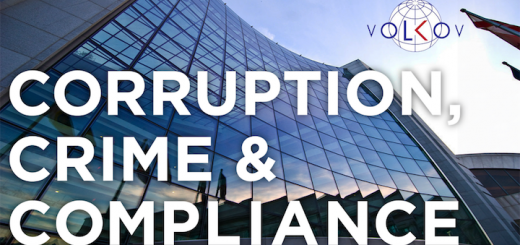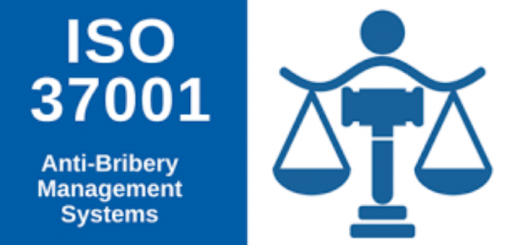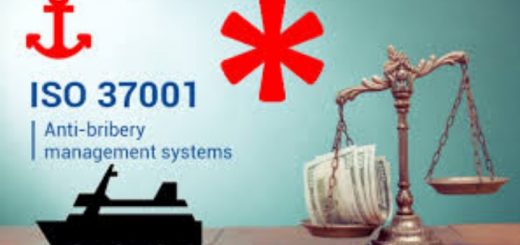Webinar: How to Conduct Periodic Reviews and Assessments of Your Compliance Program
Webinar: How to Conduct Periodic Reviews and Assessments of Your Compliance Program Wednesday, November 15, 2017, 12 Noon EST Sign Up Here An effective compliance program requires that companies review and improve their compliance programs. A company should regularly review and test its controls, and address potential weaknesses in its compliance program. The Justice Department and the SEC have encouraged companies to conduct regular tests...






















